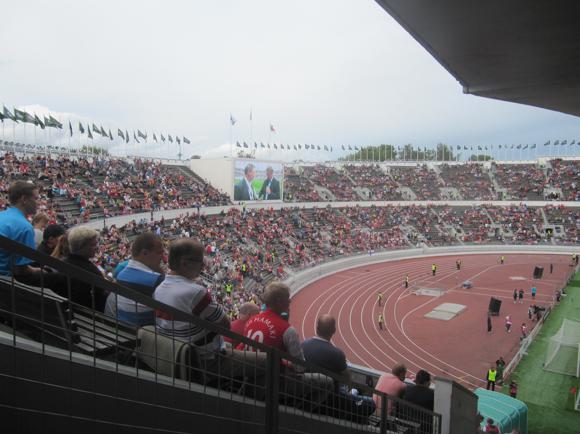Teams, tales and tips – a guide to the local game
Helsinki is Finland’s football capital as well as its political one. Home of Finland’s biggest and most successful club HJK, Helsinki is also where you’ll find the national Olympic Stadium.
Built for the 1940 Games, this architectural masterpiece hosted the event 12 years later, when it had already become the home ground of the Finnish national side. The Olympic Stadium also hosts prestigious pre-season friendlies, such as the game between Celtic and Spurs in 2014, and Arsenal’s win over Manchester City in 2013, attracting a full house of 39,000.
After 2016, it underwent a €337-million renovation running over four years, allowing the arena to host the UEFA Super Cup curtain-raiser to the 2022-23 season. Real Madrid brought their star names to prevail over Eintracht Frankfurt, whose fans brought the atmosphere – although the stadium wasn’t full. These days, Finnish fans are used to HJK competing in the group stages of the European competitions.

Before 1938, the national stadium was the Töölön Pallokenttä, in the same verdant sports complex. This was also the home of HIFK, a club equally as venerable, if not as decorated, as HJK. Both football clubs were founded in 1907.
Before their promotion in 2014, Tähtirinnat (‘Star-Chested’) hadn’t played in the top flight since 1972. No wonder, then, that the long-awaited derby of April 2015 between HJK (‘Klubi’) and HIFK attracted a five-figure crowd at the Bolt Arena. Set next to the Olympic Stadium, this was used by both Helsinki clubs in 2015 – and was again in 2016.
Renamed the Telia 5G-areena before the start of the 2017 season, the ground is ideally located off Mannerheimintie, the broad avenue that runs from Helsinki’s main station, past parliament, the National Museum and the National Opera.

Traditionally, Helsinki has a Big Four, the other two clubs being KIF (or FC Kiffen 08), thrice early winners of the Finnish championship; and HPS, eight times champions in the 1920s and 1930s. Both are now in the lower reaches of the Finnish league pyramid.
The only other side from the capital worthy of mention are FC Viikingit, based in east Helsinki, at the modest ground of Vuosaaren urheilukenttä. Formed in 1965, the Vikings made the top flight for one season only, in 2007, but fell back down to the second-division Ykkönen.
In 2014, the Vikings sank down one more level to the third-flight Kakkonen, on a par with local rivals Kiffen.
Getting Around
Arriving in town, local transport and timings


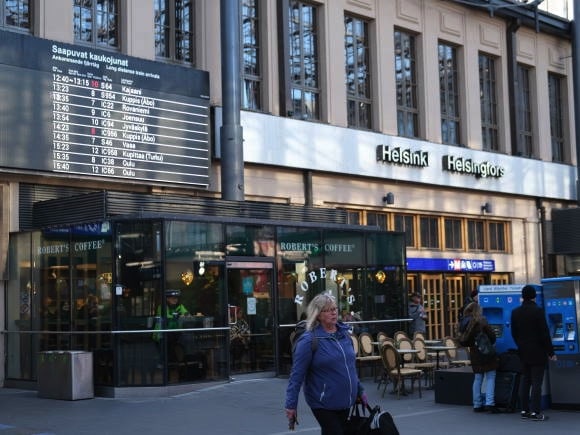
Helsinki Airport is 17km (10.5 miles) north of the city. A rail link goes to Central Station in town (30min journey time) – as well as to other parts of Finland – directly from the airport. Tickets (€4.10 single) are available from machines at the rail stop downstairs from the airport terminal, and are valid for 90mins, allowing you to make an onward journey.
Public transport consists of buses, trams, a metro, trains and ferries. A single ticket is €3.20 from a machine, a day pass is €9.50, two-day €14.20.
Note that the significant reconstruction of Mannerheimintie from 2023 and 2025 may cause diversions. The Finnish-language Facebook page of the construction company gives regular updates of which lines are affected. The Chat feature of the Helsinki-info service is available Mon-Thur 9am-4pm, Fri 10am-3pm or pop into the library at Töölönlahdenkatu 4 for information. The journey planner function of HSL HRT should also be valid.
A taxi from the airport to town should cost €50. As you exit Arrivals, taxi lanes 1-3 are for companies with private agreements with airport management, Finavia – lane 4 is for regular taxis. Cab firms include Lähtitaksi (+358 100 7300) and Taksi Helsinki (+358 100 0700). Note that it costs around €5 to call them and there’s a pre-ordering fee of €15.
Where to Drink
The best pubs and bars for football fans
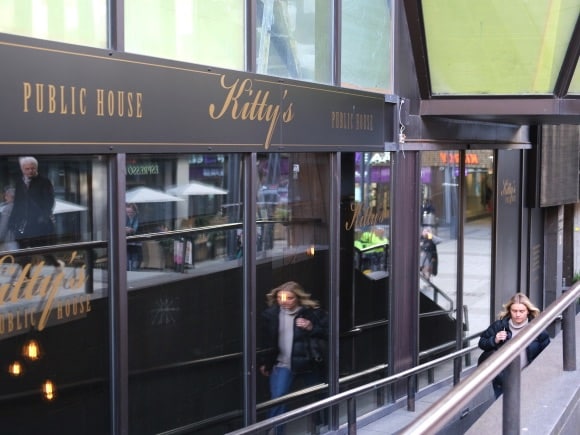
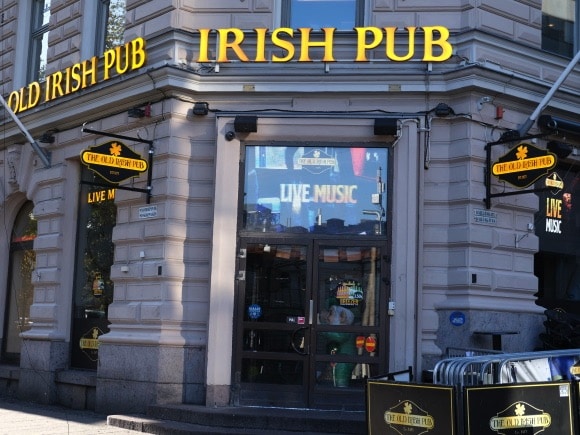
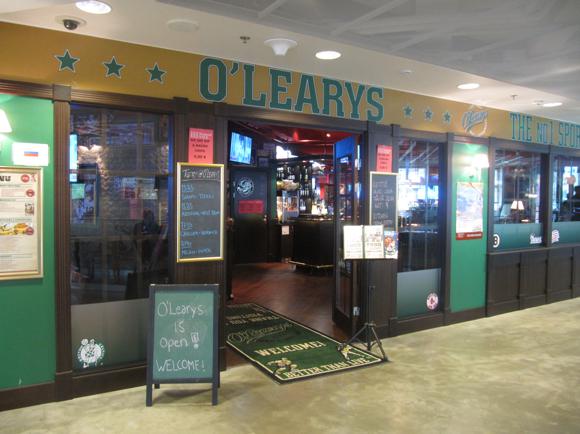
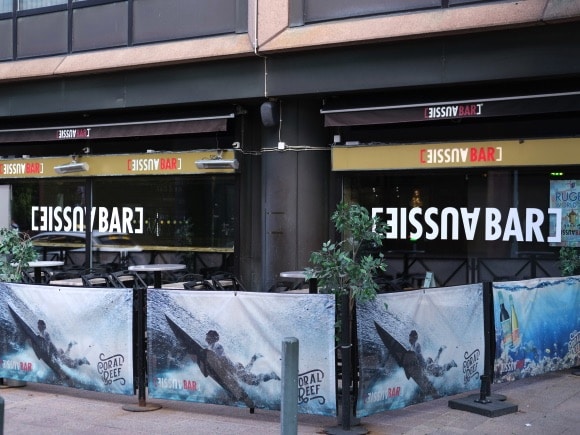
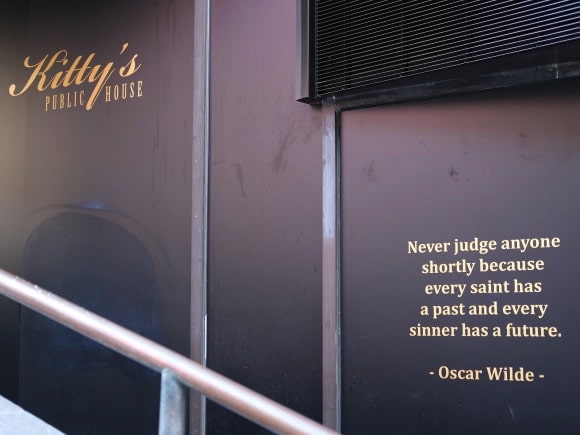
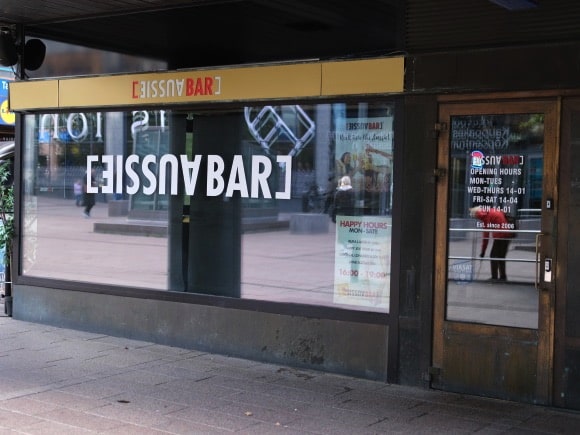
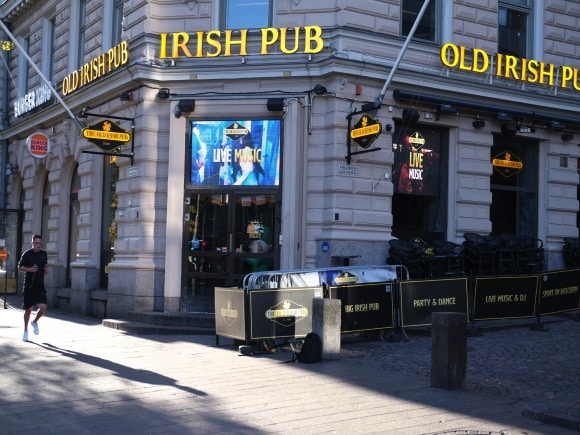
Helsinki is full of bars. A local beer, say Lapin Kulta, is around €7, an imported one €9, with plenty of variety. Note that some places operate an over-20 admission policy. The main sports bar near Central Station is now Henry’s, with its huge screen on the terrace, craft beers from across the Atlantic and popular (very) hot wings.
Close by, the Apollo Sports Bar was slated to open in the Forum Shopping Centre in the autumn of 2023, replacing two similar venues which once operated in the vicinity. Within easy reach of the station, Kitty’s Public House at the Kaivopiha does what it says on the tin, with a changing selection of draught beers.
Over on Mannerheimintie, the Old Irish Pub is the Helsinki branch of a nationwide chain. Further down the same street, the Bar Chaplin is essentially a late-opening billiard hall with a contemporary beer bar attached, ice hockey and major football games screened.
Beside the Amos Rex art museum, the Aussie Bar on Salomonkatu feels more lived-in and authentic, regular gathering for live music, match action and Oz beers in the fridge. Generous happy hours of Mon-Sat 4pm-7pm and €6 drinks all-day Sunday keep the place busy.
Set up by the Mall of Tripla, multi-screen O’Learys is the Helsinki branch of this Scandinavian chain. Hulking hamburgers a speciality.
Where to stay
The best hotels for the stadiums and city centre
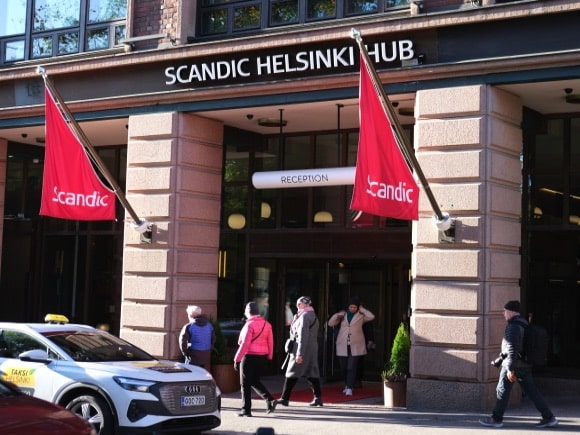

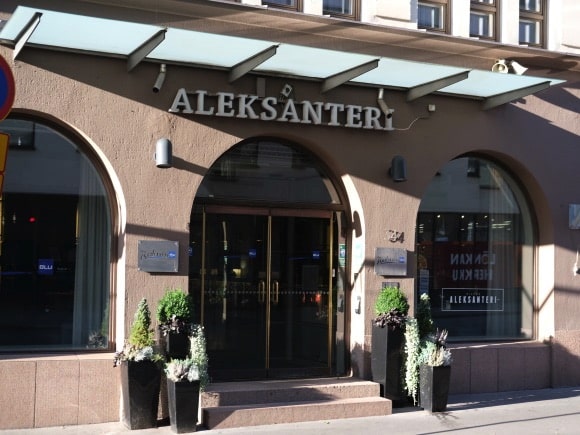
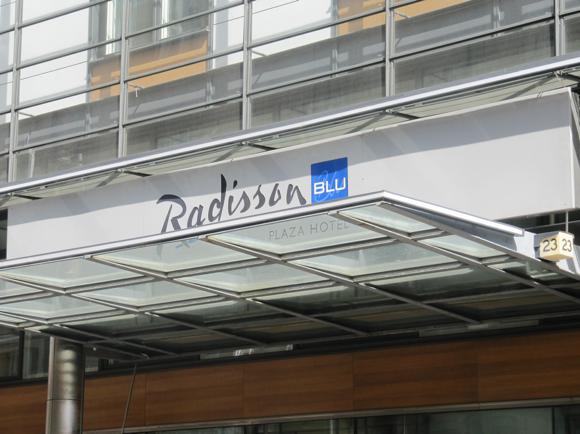

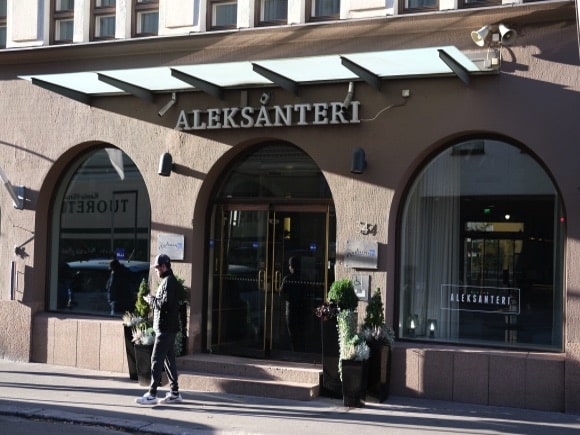


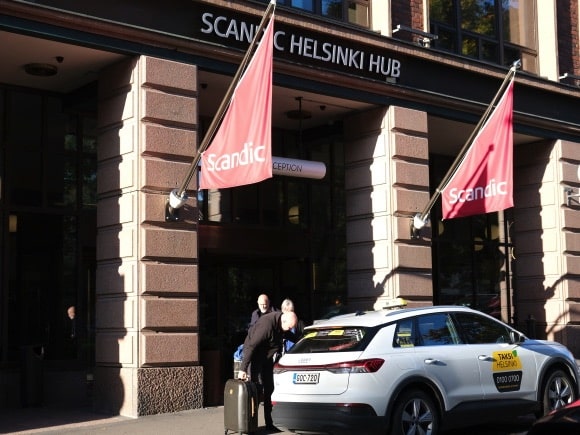

The Helsinki Tourist Office offers hotel booking.
On Mannerheimintie, the main avenue currently under long-term reconstruction, the business-friendly Crowne Plaza Helsinki-Hesperia offers guests a gym, pool and restaurant within a short walk of the Olympic Stadium and Bolt Arena. Alongside, the Scandic Park Helsinki features an indoor pool on the top floor, with a gym and sauna to boot.
Also in the upscale bracket, conveniently located around Central Station, are the Holiday Inn Helsinki City Centre, close to the Sport Pub Chelsea, and the Radisson Blu Plaza, with a gym and relaxing, in-room massages. Partner hotel the Radisson Blu Royal is slap in the city centre, as is the Radisson Blu Aleksanteri, with its authentic Finnish sauna and top-floor loft hired out for private events.
Also close to Central Station, the Sokos Hotel Vaakuna is set in a strikingly functionalist building opened for the 1952 Olympics. The Scandic Simonkenttä exudes contemporary Scandinavian design, while the Scandic Helsinki Hub sits conveniently near Esplanadi park, filling a century-old former printing house with loft-style rooms and a restaurant area.


